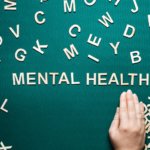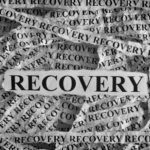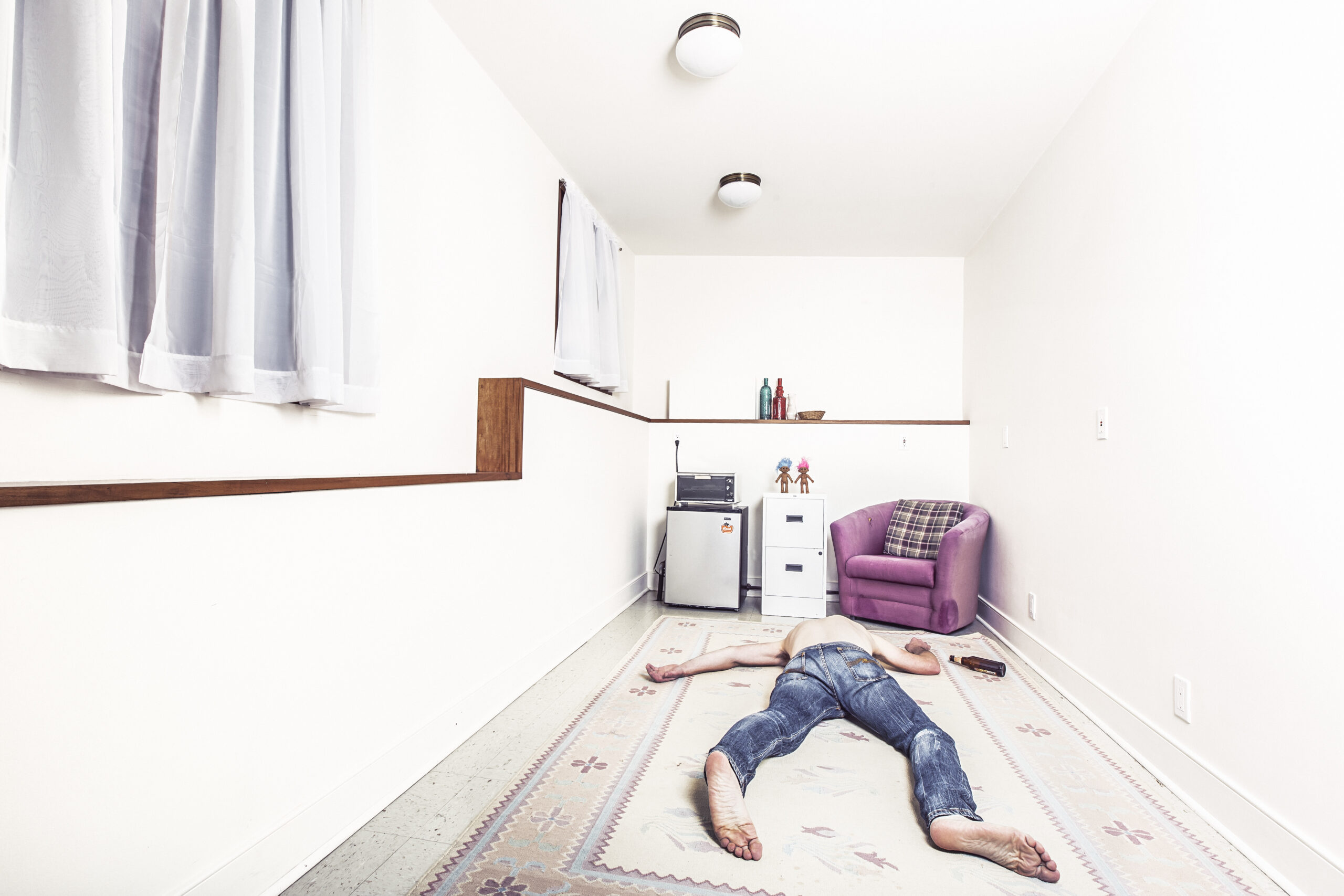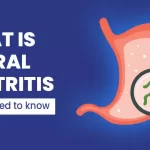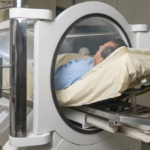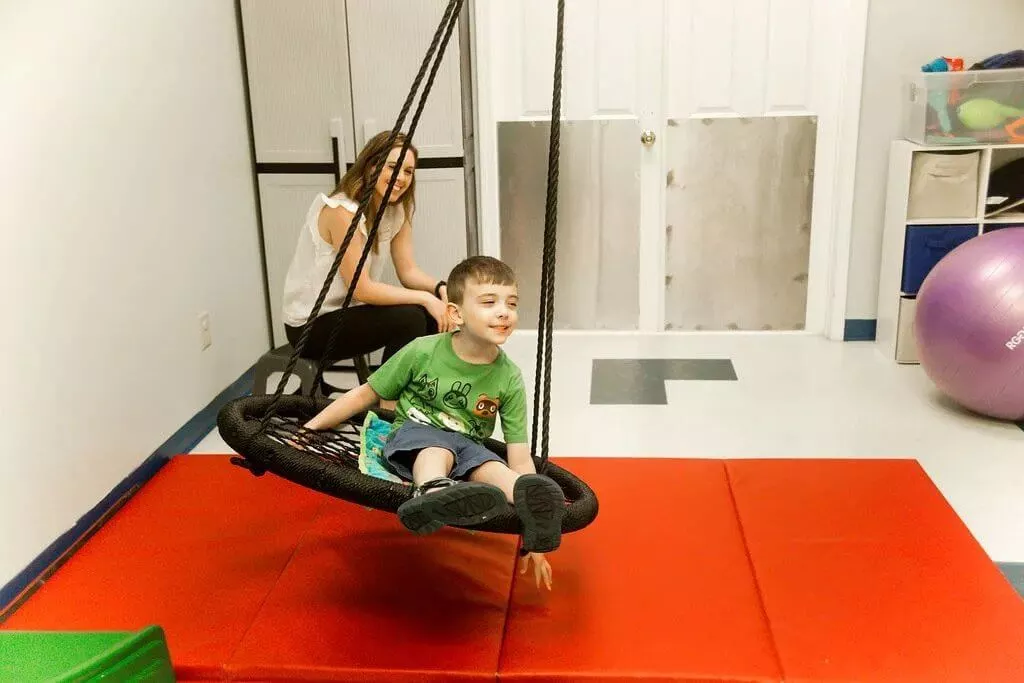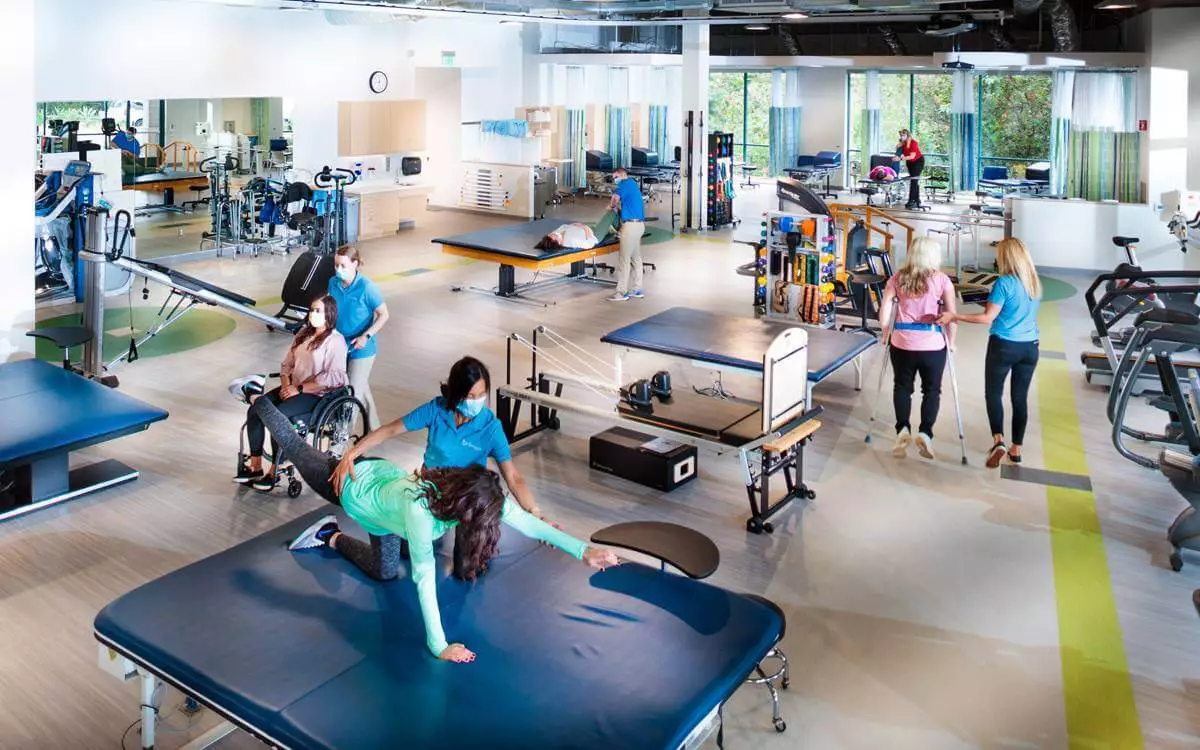As parents, it can be difficult to know when it’s time to consider teen residential treatment and what options are best. Residential treatment programs provide structure and therapy for teens struggling with mental health issues, substance abuse, or behavioral problems. This post will help parents understand what residential treatment involves and what to look for in a program.

Content
What is Residential Treatment?
Residential treatment, sometimes called therapeutic boarding schools or residential treatment centers, provides 24-hour care for teens in a structured living environment away from home. Teens live on campus full-time while receiving individual and group therapy, psychiatric care, and academic or career counseling. The goal is to address underlying issues through evidence-based treatment instead of just discipline or punishment.
Why Consider Residential Treatment?
There are several signs it may be time to consider teen residential treatment:
- Ongoing substance abuse or addiction issues
- Severe depression, anxiety, or other mental health conditions
- Out-of-control or high-risk behaviors
- Failure of outpatient treatment or lack of progress
- Issues at home preventing the teen from getting help
- Recommendation from a therapist or psychiatrist
Residential treatment provides intensive support and supervision that may not be possible at home. It removes distractions and gives space to focus fully on treatment. Therapeutic boarding schools and centres specializing in teen residential treatment in Meridian can help when issues are complex or safety is a concern.
Choosing the Right Program
When looking for a residential treatment program, consider the following:
- Accreditation and licensing (look for CARF or Joint Commission accreditation)
- Treatment model and modalities used (CBT, DBT, experiential, etc.)
- Staff credentials and experience
- Program structure and daily schedule
- Success rates and outcomes data
Aftercare planning and family involvement
Narrow options to fully vet each program’s philosophy, services, and policies. Ask about average lengths of stay, visitation rules, and expectations for family participation. Find the best fit based on the teen’s specific needs. Avoid very strict or punitive programs in favor of those using positive, evidence-based approaches.
What to Expect
In a residential treatment program, teens live together in a dorm-like setting with trained staff providing supervision 24/7. The daily schedule focuses on therapy, education or career training, life skills, recreation, and family involvement.
Therapy sessions address underlying issues through individual and group counseling. Teens work on developing coping skills, emotional regulation, and healthy decision-making. Treatment plans are customized based on individual assessments.
In addition to therapy, teens attend on-site school or career programs to continue their education. Life skills classes teach independent living skills like budgeting, cooking, and self-care. Recreational activities provide socialization and stress relief. Family therapy and parent education help address issues at home.
The goal is to provide a structured, therapeutic environment where teens feel safe, supported, and motivated to change. With intensive treatment, most teens show significant progress within 6-12 months. Residential programs offer hope when other options have been exhausted.
After Residential Treatment
The next step after residential treatment involves continuing care to support progress made in the program. This often involves:
- Step-down or transitional living programs
- Intensive outpatient therapy
- Ongoing individual or family counseling
- Support groups and sober activities
- Medication management, if needed
- Check-ins with alumni support networks
With a solid aftercare plan in place, teens are much more likely to maintain gains from residential treatment long-term. Relapse is common, so ongoing support systems are crucial for success.
Conclusion
Residential treatment provides intensive therapy and structure when complex mental health or addiction issues require removal from home influences. It offers hope when other options have been exhausted. With the right program and follow-up care, teens can learn lifelong coping skills and make significant, positive changes. Residential programs give struggling teens the support they need to get healthy and back on track.

Helen Bradley is a health blogger and the founder of her own blog about fitness. She has been blogging for three years now and loves to share what she learns with others. Helen enjoys reading, cooking, and staying active outdoors.


